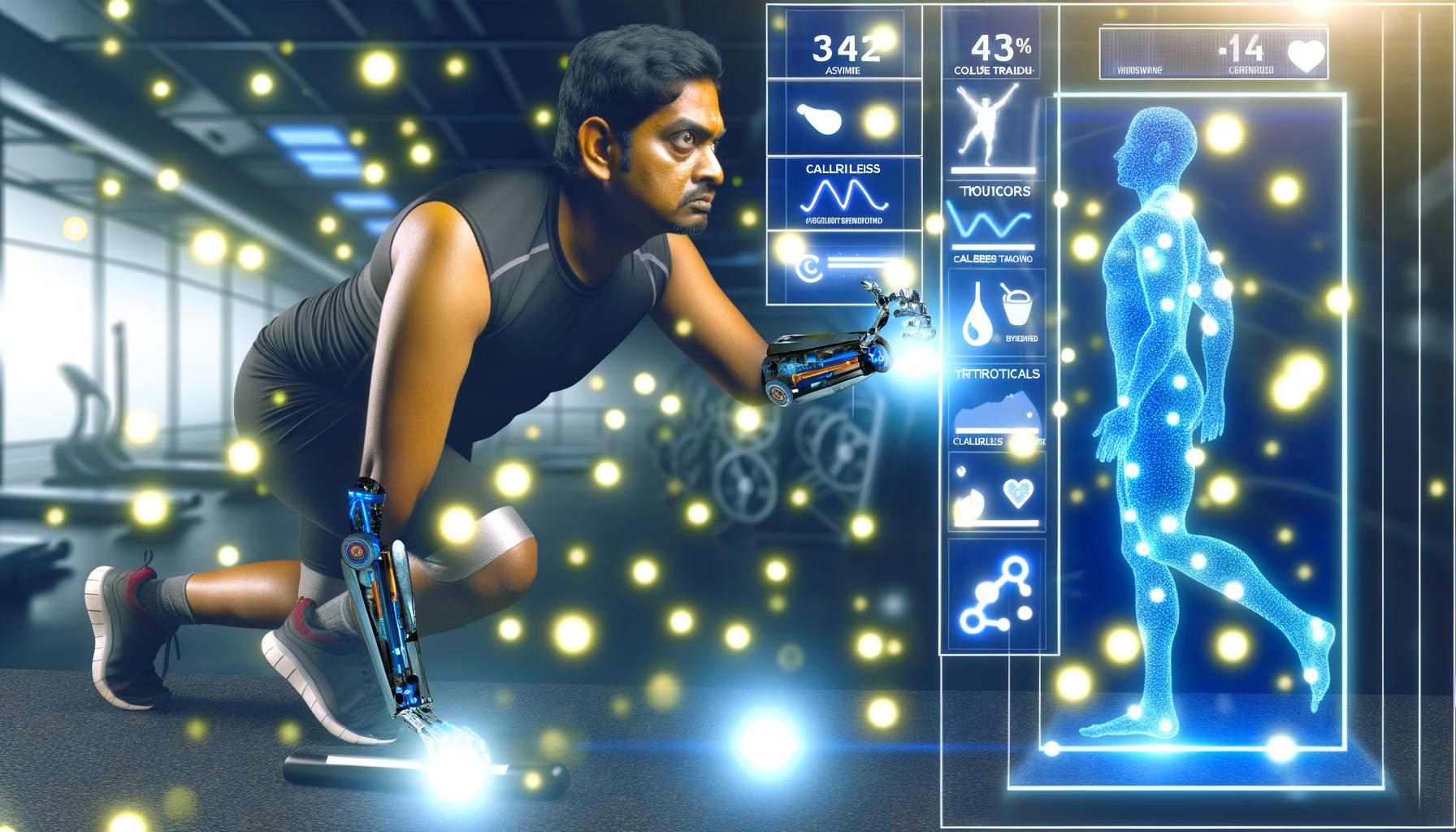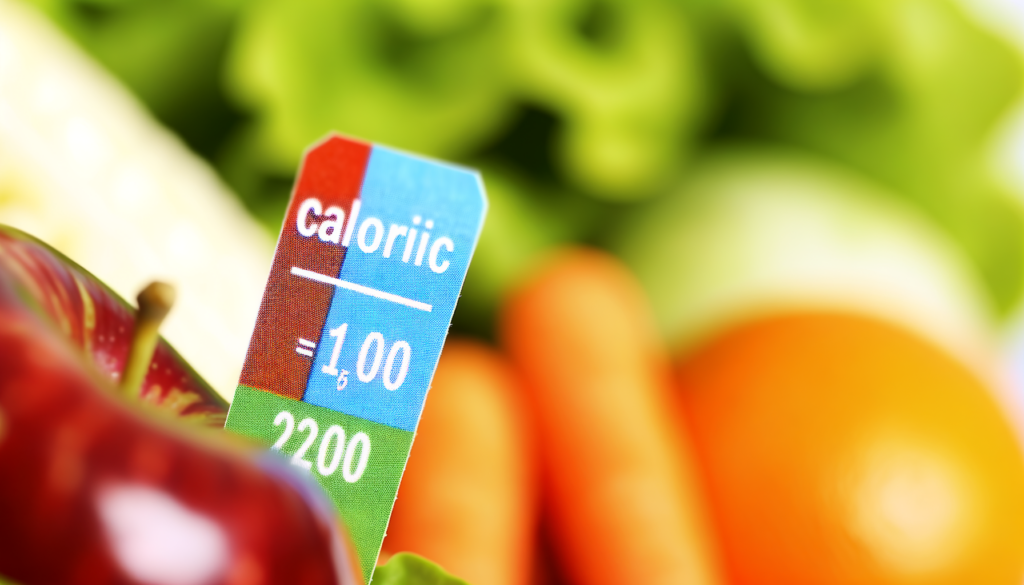In the era of advanced medical technology, individuals with artificial organs face unique challenges in managing their dietary needs. The fusion of cutting-edge technologies like AI-powered food tracking systems and innovative nutritional strategies can play a crucial role in supporting these individuals. This article delves into the world of artificial organ nutrition, bioengineered metabolism, and synthetic digestion, providing insights and solutions for effective calorie tracking.
Understanding Nutritional Needs for Artificial Organs
Artificial organs, such as the artificial heart, kidney, liver, lungs, and pancreas, have transformed the lives of many by allowing individuals to lead more normal lives despite chronic organ failure. However, the introduction of these synthetic systems requires careful consideration of nutritional intake to ensure optimal health and functionality.
The Impact of Artificial Organs on Metabolism
The metabolism of individuals with artificial organs may be altered due to changes in organ function, blood circulation, and the body’s ability to process nutrients. For instance, an artificial heart can influence blood flow, potentially impacting how efficiently the body absorbs nutrients from food. Similarly, an artificial pancreas can regulate blood sugar levels, necessitating dietary adjustments to maintain balance.
Tools like the Calorie Calculator Cloud can help individuals with artificial organs track their caloric intake effectively, ensuring they consume the right amount of nutrients for their metabolic needs.
Nutritional Management with AI-Powered Calorie Tracking
Recent advancements in AI technology have led to innovative solutions in food analysis, offering a significant advantage for individuals managing their diet. AI systems can analyze meal images to provide detailed nutritional information, such as calorie count, protein, carbohydrates, and fat content. This technology is crucial for those with artificial organs, as it enables precise monitoring of dietary intake without manual logging or estimation.
For example, the AI food scanner developed by NYU Tandon School of Engineering uses deep-learning algorithms to recognize food items and calculate their nutritional content. This tool not only automates the process of food tracking but also helps individuals make informed dietary decisions by providing accurate data.
Strategies for Effective Calorie Management
Individuals with artificial organs need to adopt tailored nutritional strategies to optimize their health. Here are some key strategies:
- Nutrient-Dense Foods: Consuming foods rich in essential nutrients like protein, fiber, omega-3 fatty acids, and micronutrients can help prevent deficiencies and support overall health.
- Personalized Nutrition: Leveraging AI-driven tools and consulting with healthcare professionals can help create personalized dietary plans that account for the specific metabolic changes associated with artificial organs.
- Monitoring and Adjustment: Regularly monitoring nutritional intake and adjusting dietary plans based on health feedback is crucial for maintaining optimal organ function.
Emerging Trends in Artificial Organ Nutrition
The field of artificial organ nutrition is evolving rapidly, driven by advancements in bioengineering and synthetic technologies. Bioengineered Metabolism involves designing systems that mimic natural metabolic processes, potentially enhancing nutrient absorption and utilization. Similarly, synthetic digestion focuses on recreating digestive processes using artificial systems, which could help manage nutrient intake more efficiently.
These emerging trends highlight the potential for future innovations in nutritional management for individuals with artificial organs. Companies like Edwards Lifesciences and Medtronic are at the forefront of developing such technologies, offering promising solutions for improved health outcomes.
Real-World Applications and Case Studies
Real-world applications of these technologies can be seen in the integration of AI-powered health tracking devices and wearable technologies that monitor vital signs and nutritional data in real-time. For instance, devices like Fitbit and Apple Watch can sync with platforms like MyFitnessPal to track nutritional intake and physical activity, providing comprehensive health insights.
Conclusion and Future Prospects
In conclusion, the integration of AI calorie tracking systems and tailored nutritional strategies is crucial for individuals with artificial organs to manage their health effectively. As the field of synthetic and bioengineered technologies continues to evolve, we can expect more innovative solutions to emerge. For those interested in exploring these tools further, Calorie Calculator Plans offer comprehensive packages to support personalized diet management.
Staying informed about the latest developments in artificial organ nutrition and bioengineering can help individuals make better decisions about their health. For instance, following leading brands such as Kerry, which focuses on health and nutrition trends, can provide valuable insights into emerging nutritional strategies.
Embracing these advancements and technologies can lead to a healthier, more manageable lifestyle for individuals with artificial organs, ensuring they receive the nutrients they need to thrive.








